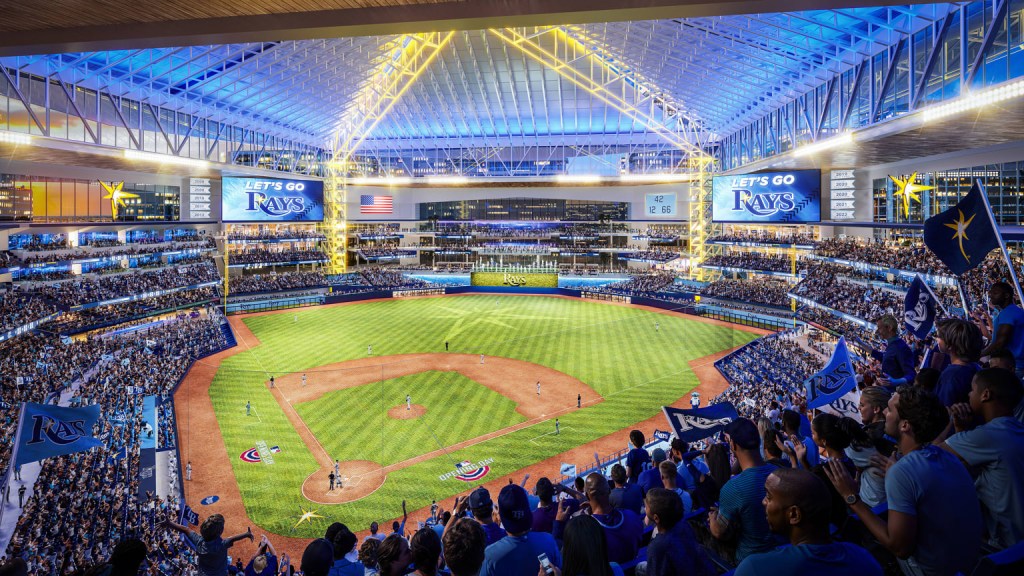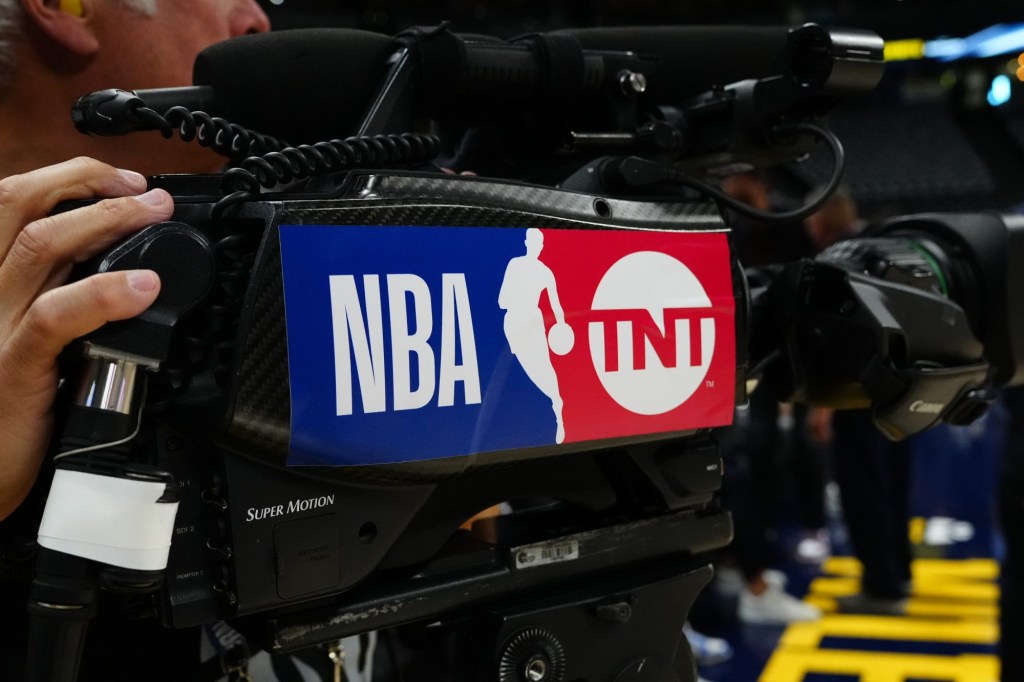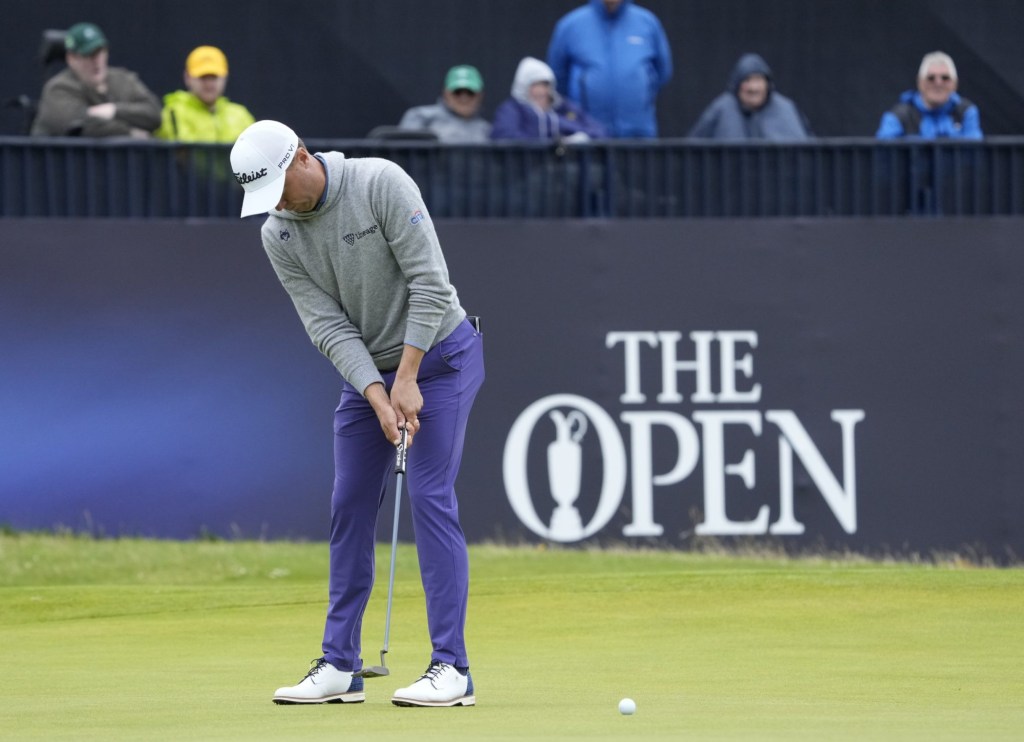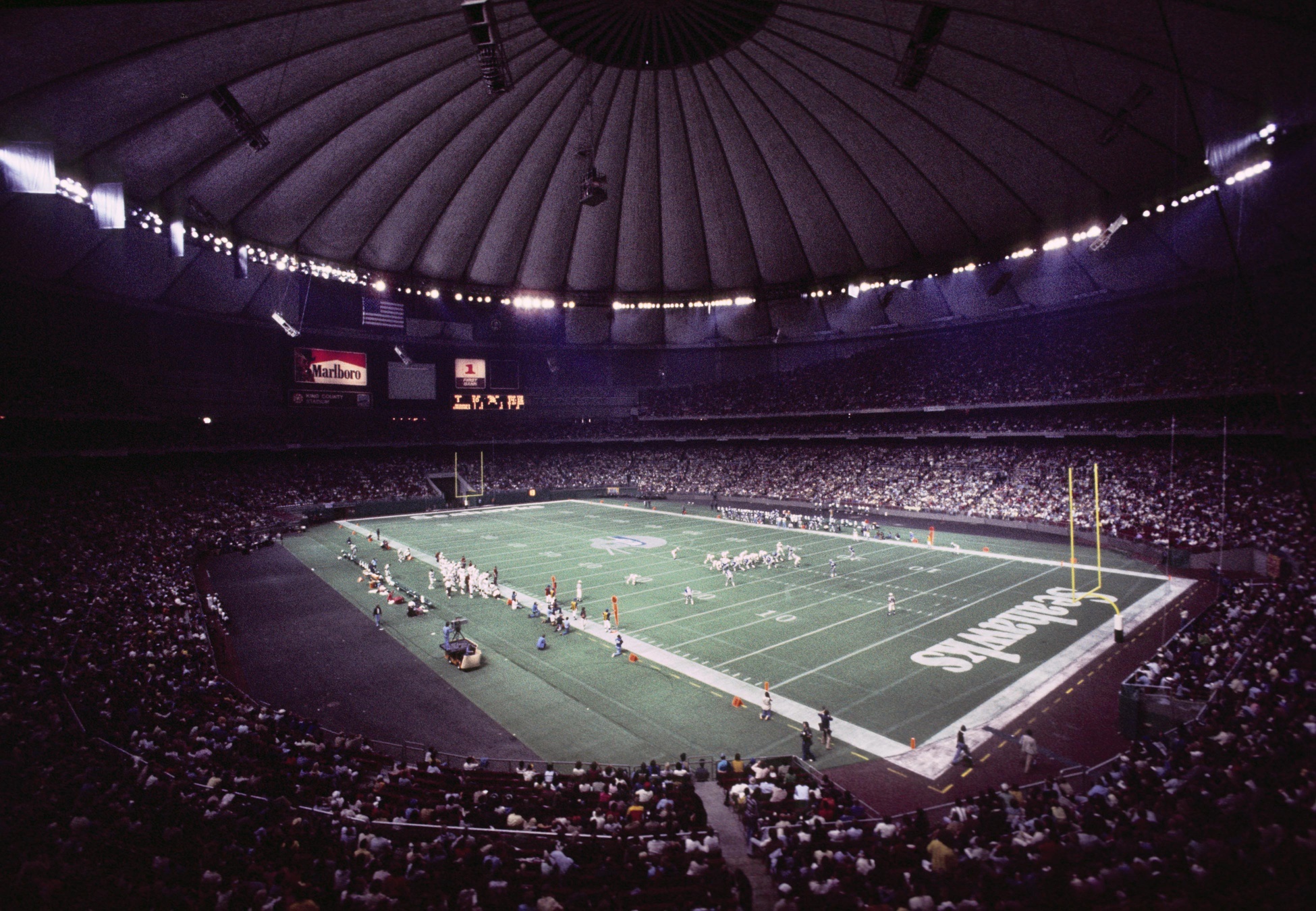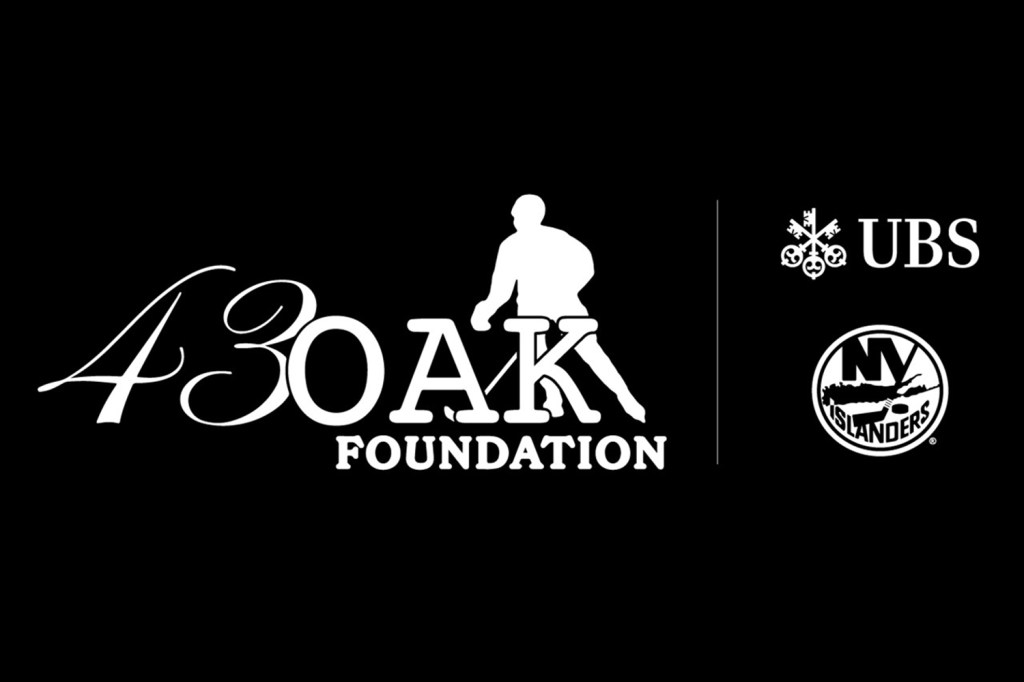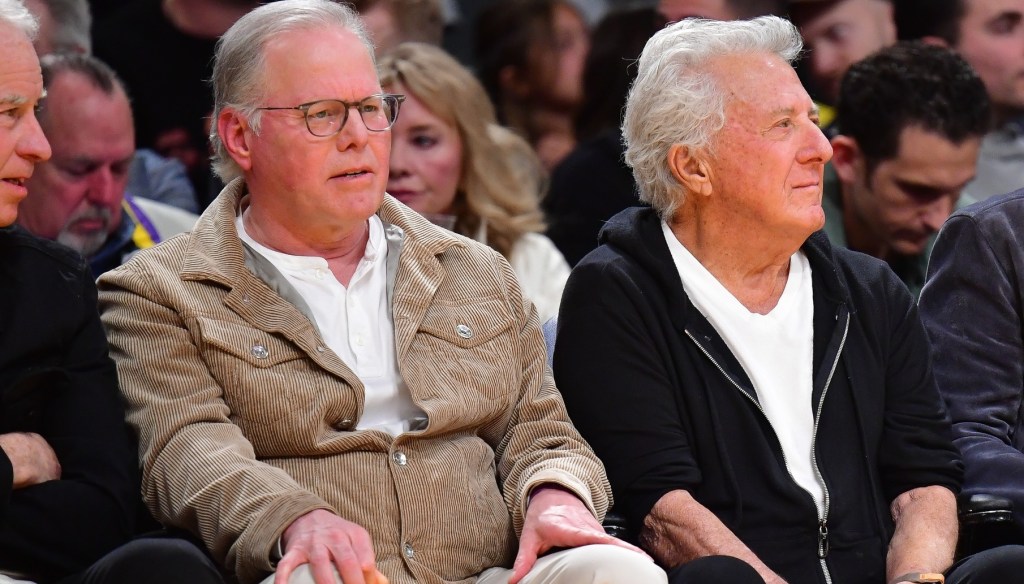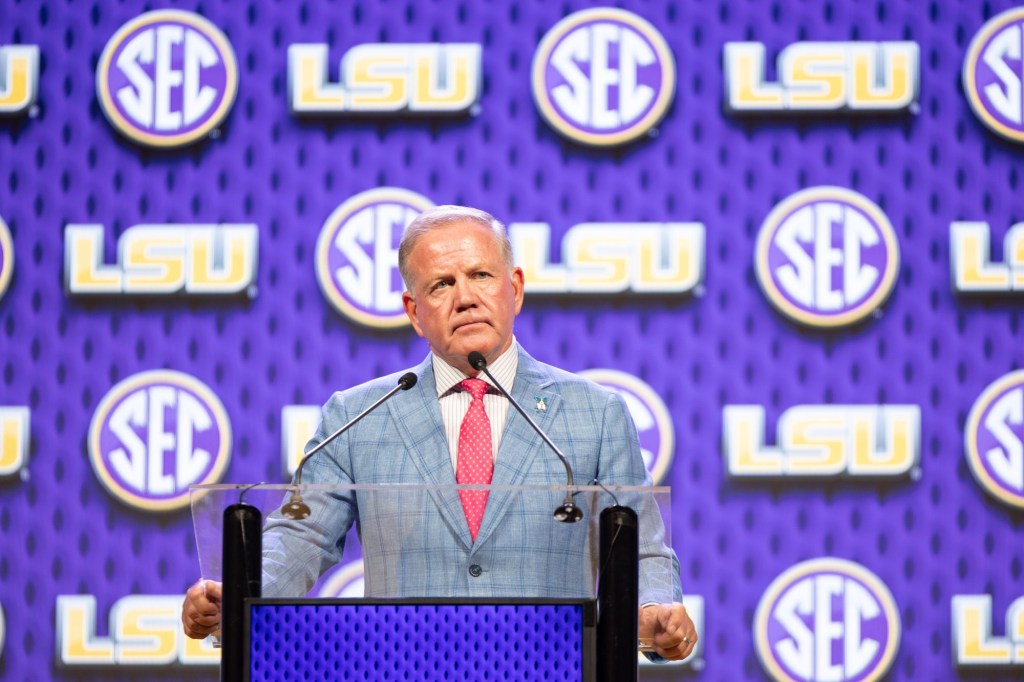Nearly a generation of uncertainty surrounding the Rays and their status in the Tampa Bay market is now definitively ending as the St. Petersburg, Fla., city council on Thursday approved the club’s proposed $1.3 billion stadium and mixed-use development.
By the same 5–3 margin as a preliminary vote last month, the council gave the green light to a new, domed Rays stadium near the club’s current and much-maligned facility, Tropicana Field. The Rays’ plan for the new ballpark calls for the club to pay $700 million plus cost overruns, with the public sector contributing the remaining $600 million.
Most meaningfully, the stadium deal finally ends years of relocation rumors and talk centered on the team’s low attendance at Tropicana Field.
“It is my belief that we are in an incredibly unique moment in our city’s history that is unlikely to be replicated in any other way that will be meaningful to our community,” said city council member Brandi Gabbard, one of the “yes” votes.
The city council vote was to approve a dozen legally binding agreements overseeing the funding and construction of the stadium and surrounding development in St. Petersburg’s Historic Gas Plant District. The matter now moves to the Pinellas County Commission to approve $312.5 million in tourist tax dollars, but the vote in St. Petersburg represented the key hurdle in the process.
Keeping the Faith
Despite the long period of doubt surrounding the Rays’ situation, both the club and MLB remained stalwart advocates of the market.
“We’ve made a number of missteps over the years. We dust ourselves off. We come back again,” said Rays owner Stu Sternberg. “Things change in life, things change around in markets, and they change around in baseball. But as we’ve always been clear: We wanted to be here, and we want to be here to stay.”
Among those missteps was a prior, widely criticized plan by the club to split its season with home games in St. Petersburg and Montreal, an effort the club ultimately abandoned. The Rays released updated renderings (above) late last month on the planned St. Petersburg stadium, and they hope to break ground early next year in advance of a projected 2028 facility opening.


